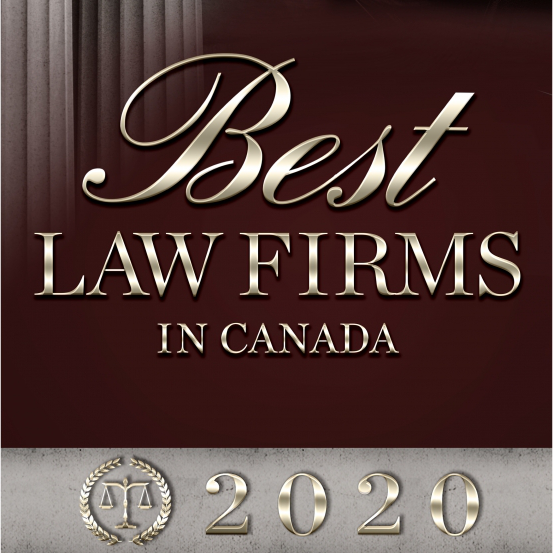
Calgary Mediation Arbitration Lawyers assist in helping separated spouses and their children move forward as winners after separation so the uncoupled family members continue to thrive. Our Calgary family law team works out of Bankers hall in downtown Calgary.
Breakdown of family relationships can be hard, not only on separating spouses but especially on their children. Difficult issues need to be resolved, about children, financial support, and property. And while not all family breakdowns are contested, many can result in disputes between the ex-spouses. But do these disputes always have to be resolved by the Courts? – no. Even the Courts agree that family law disputes are best resolved between the parties outside of Court. Sometimes the ex-spouses can resolve these disputes themselves (ie. through “kitchen table” discussions). But sometimes the ex-spouses need 3rd party assistance to resolve these disputes. This is Alternative Dispute Resolution (ADR).
Calgary Mediation Arbitration Lawyers 403 444 5503

In previous articles (see: Calgary Alberta Family Law Mediation – ) we discussed the different forms of ADR including Mediation, Collaborative Law, and Mediation / Arbitration. In this article, we focus on the ADR process of Mediation / Arbitration, and particularly whether agreements and decisions made in that process are binding.
Mediation / Arbitration
Calgary Mediation Arbitration Lawyers explain what the difference is between family law mediation and arbitration, and what “Mediation / Arbitration” is. Mediation is an informal process where a 3rd party Mediator (usually a senior family law lawyer) tries to get the ex-spouses to come to an agreement on their disputed issue(s) between themselves. Arbitration, on the other hand, is a more formal process (but less formal than Court) where the 3rd party Arbitrator (again, usually a senior family law lawyer) appointed under the provincial Arbitration Act hears from the parties and makes a decision (an Award) on the issue(s) in dispute. Mediation / Arbitration is a combination of these processes, where the 3rd party Arbitrator first tries to get the ex-spouses to agree between themselves but if unsuccessful, then proceeds (after formal submissions) to make an Award on the outstanding issue(s). Benefits of Mediation / Arbitration over proceeding through Court [according to the Parenting After Separation (PAS) Course – include:
- is useful to reach an agreement when “kitchen table” negotiations break down;
- is voluntary;
- is private and confidential;
- can reduce tension and confrontation;
- increases understanding;
- is educational;
- is informal, and;
- has a high success rate.
On the benefits of Mediation / Arbitration over Court, see also our previous article: Toronto Family Law Mediation – Arbitration.
But is it Binding?
But equally important, are agreements made in Mediation or Mediation / Arbitration final and binding, even if they have not been formalized in a written agreement? The simple answer – yes, if they are made with legal advice. In regard to mediated agreements regarding the division of property in Alberta, the Alberta Court of Queen’s Bench in Toliver v. Koepke (2016 ABQB 452) concluded (at para. 63):
“I am satisfied that Mr. Koepke, represented by experienced counsel in negotiating and settling on the terms of the Agreement, was aware of the nature and effect of the Agreement, understood that it would settle all matters between himself and Ms. Toliver, and that he was agreeing to the terms of the Agreement freely and voluntarily without any compulsion from Ms. Toliver or any other person.”
Regarding Awards made in the course of Arbitration, the Alberta Court of Appeal was even clearer, stating in Alan v. Elliott (2019 ABCA 290) at para. 30:
“Kawchuk held that it is the policy of courts to encourage dispute settlement:… This policy militates against setting aside an arbitration award except in the most compelling of cases. In light of the history of this arbitration, granting permission to appeal will not encourage dispute resolution. Further, there are no compelling reasons to grant permission to appeal in this case.”
Calgary Mediation Arbitration Lawyers 403 444 5503
In this article, we have focussed on the ADR process of Mediation / Arbitration, but there are other out-of-Court processes available to attempt to resolve family law disputes, including Dispute Resolution Officers (DROs); Judicial Dispute Resolution (JDRs), and; Parenting Coordinators, etc.
So is ADR, including family law Mediation / Arbitration, a better way to resolve disputes on family breakdown than through the Courts? – generally. But some family law disputes will still have to be resolved by the Courts.
MacLean Family Law has Offices across Canada including downtown Vancouver, Calgary, Toronto, West Kelowna, Surrey, Richmond, Victoria, and Fort St. John.
Calgary Mediation / Arbitration Lawyers explain to their Clients both the benefits and drawbacks of resolving family law disputes through ADR processes rather than in Court, and provide their Clients the independent legal advice needed to make agreements made in these out-of-Court processes binding.








